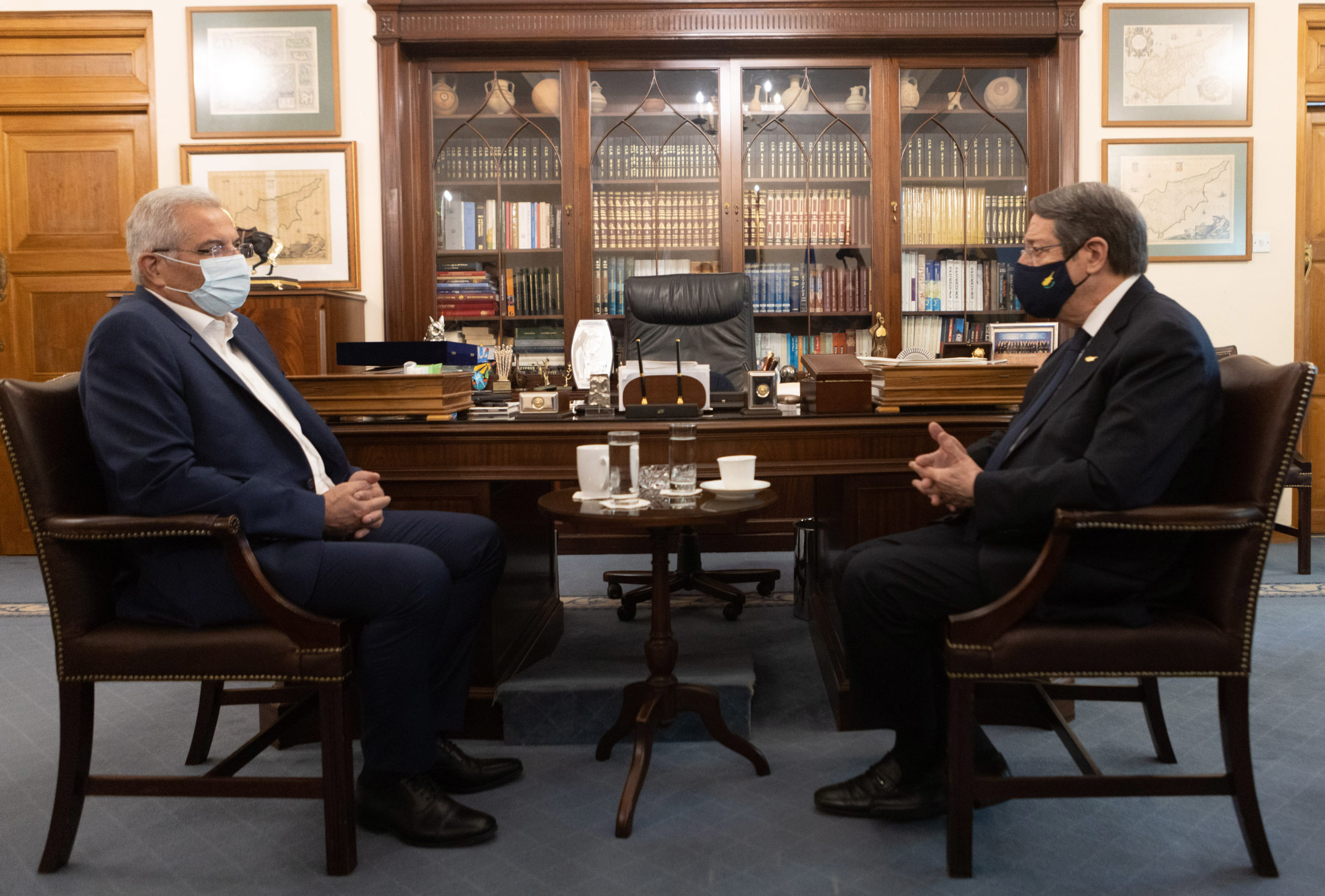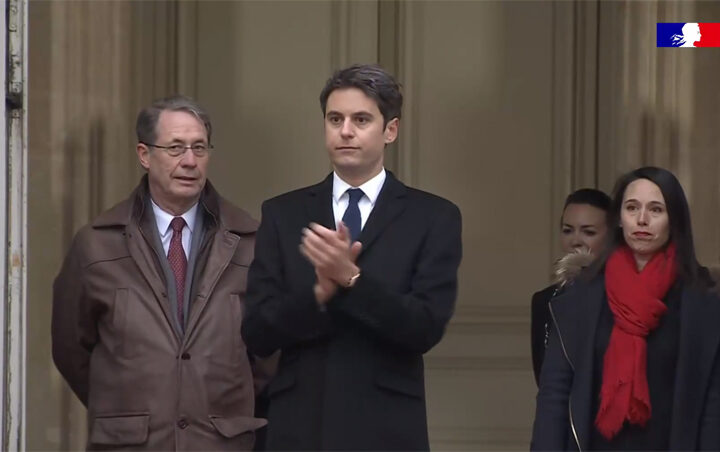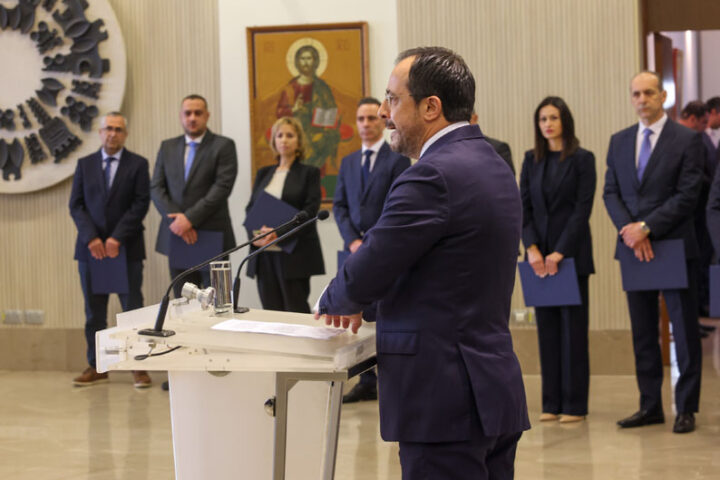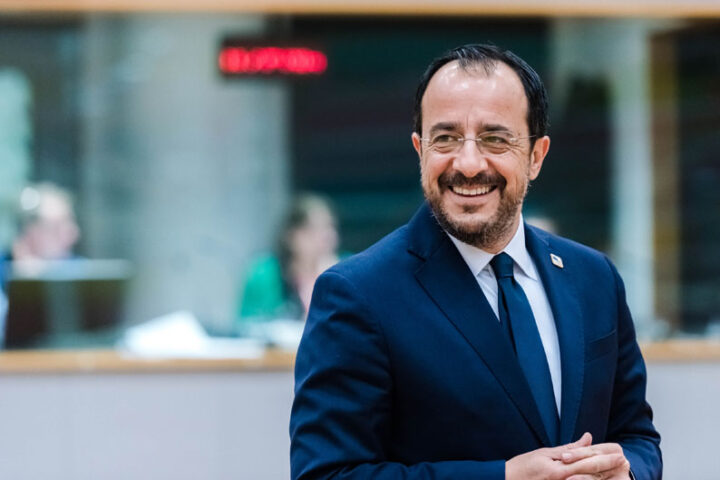President Nicos Anastasiades’ efforts to deliver a Cabinet reshuffle to create a government of wider appeal have hit a brick wall as opposition parties are unwilling to offer support.
Anastasiades launched a campaign to bring opposition parties into government in the wake of public anger over corruption scandals and the need to execute reforms to unlock millions in EU funding.
Following meetings with parliamentary party leaders this week, the President received a negative response from all parties, except for the newly formed Democratic Front (DIPA), who did not give a straight answer.
Main opposition party AKEL, centrist DIKO, socialist EDEK, the Greens, and far-right ELAM rejected Anastasiades’ call for consensus, citing policy differences.
AKEL, DIKO and the Greens have openly called for Anastasiades to resign over the golden passports fiasco or for his handling of the Cyprus problem.
DIPA is already in the government, as one of its prominent members, Vasilis Palmas, is the President’s right-hand man, serving as his undersecretary.
Anastasiades does not seem perturbed by the ‘no’ camp and will is expected to go ahead with a mini reshuffle to refresh the face of government.
The reshuffle should come 20 months before Anastasiades’ second term will end in February 2023, as it is expected to be announced by early July.
Reportedly, the President has instructed cabinet members to keep a tight lid on names on his shortlist and which ministries will see a change in command.
The spectre of a Cabinet reshuffle loomed last week when Health Minister Constantinos Ioannou told CyBC that he would be stepping down soon.
Ioannou has indicated he wishes to leave the ministry and politics in general, with reports indicating he had twice asked the President to let him walk away.
His professional experience is in hospitality and management, and he is the owner of the Gloria Jeans franchise in Cyprus.
Ioannou’s successor could be former House Speaker Adamos Adamou, elected MP with AKEL’s support. However, he did not run in the May elections.
Appointing Adamou would fit Anastasiades’ plans for a government of broader acceptance. Still, it is highly improbable that AKEL, despite Adamou not being a party member, would let him join the administration.
Adamou has said he will be remaining in politics.
After Yiannis Yiannaki resigned over allegations of forging his academic qualifications, the job of Volunteerism Commissioner is also vacant.
Also rumoured to be on their way out are government spokesperson Kyriacos Koushos, Education Minister Prodromos Prodromou and Justice Minister Emily Yiolitis.
Prodromou and Yiolitis are perceived as unpopular ministers.
Both are relatively recent appointments as Yiolitis was appointed in June 2020 and Prodromou in December 2019.
Prodromou has fractured relations with teacher unions and was severely criticised for his poor handling of schools during the coronavirus crisis.
Yiolitis was rebuked for trying to close a Twitter parody account which led to police raiding a woman’s home where a computer and phone were confiscated.
Finance Minister Constantinos Petrides, Interior Minister Nicos Nouris, and Labour Minister Zeta Emilianidou are among the Cabinet ‘untouchables’.
The underlying motive for a reshuffle is to get majority backing in parliament to approve justice, digital, green reforms the administration aims to introduce by 2023.
Despite an unwillingness to join the government, the political party leaders stressed they would not be blocking the National Recovery and Sustainability Plan, but any proposal before parliament will be judged on merit.










